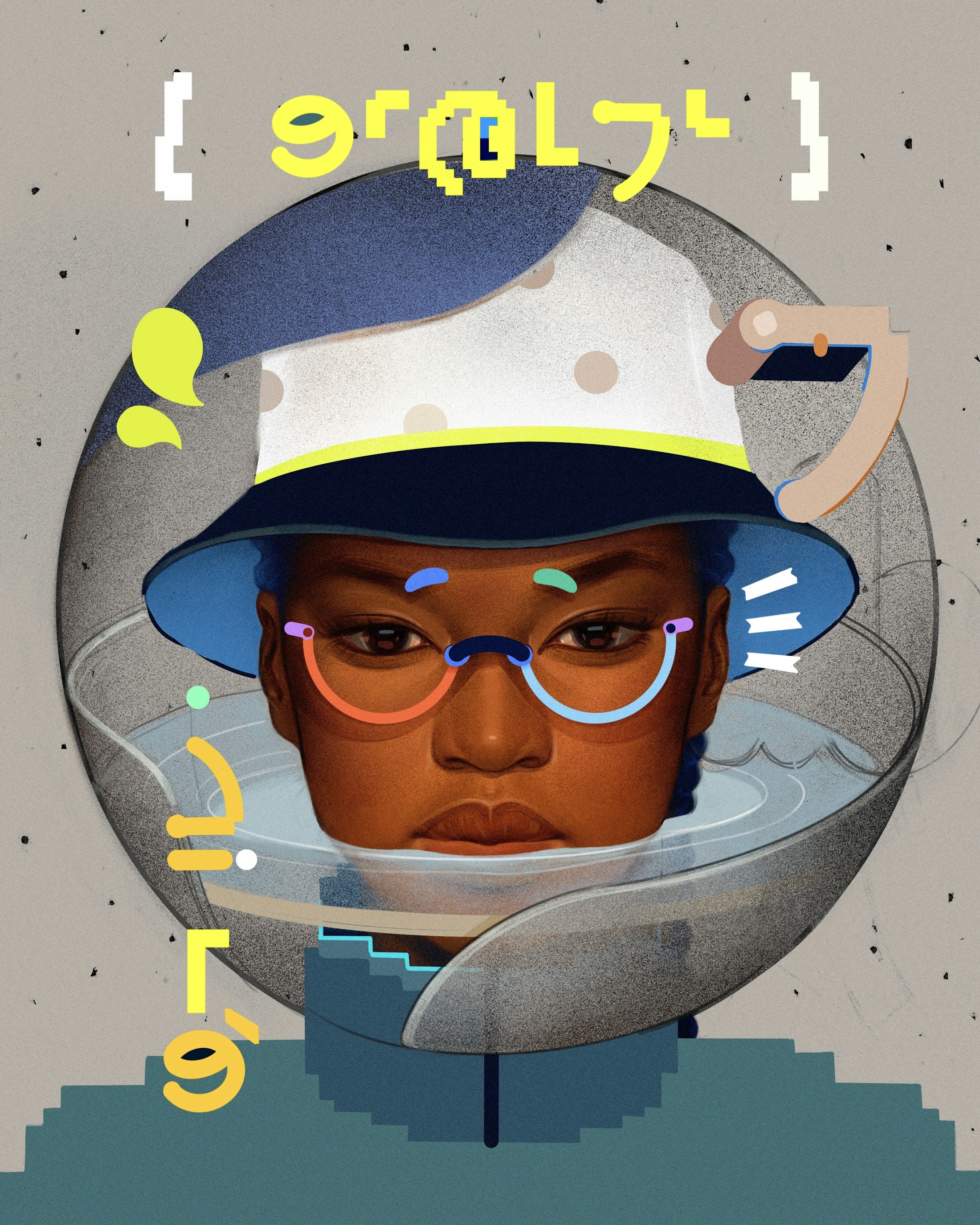Who owns and governs the internet has been one of the main questions ever since the internet came into existence. A great number of bodies are involved in a great number of ways, some political, some technical, others economical. Just to name two: There are standards bodies like the W3C, dealing with technical aspects of protocol. There’s ICANN, who coordinate the names and numbers we use to access the web, among others. (ICANN, as a private-public partnership, based under California – i.e. U.S. – law. This has been perceived as giving the U.S. government somewhat more influence than other governments in the past. A brief glance into the issues in this The Register article.)
Now with the web being a truly global network with a lot of stakeholders, we need a good system of governance. And by “good” I mean one that everybody can live with; based on democracy; and simply able to deal with emerging trouble through appropriate means. (Yes, I realize that’s not a proper definition.)
Looking for global, supra-national institutions, the U.N. might be a candidate to coordinate that kind of governance. And indeed, the Internet Governance Forum (IGF) (more on its 2006 activities here) and the World Summit for the Information Society (WSIS) are supposed to be the places where such issues can be discussed.
But besides governments, companies and standards bodies, there’s also quite a bit going on in the civil society, and between interested individuals. One group I’d like to highlight here, as they’ve just gone public with a launch of their new website. The name of the Internet Bill of Rights Coalition speaks for itself.
The Dynamic Coalition on the Internet Bill of Rights is an informal, open group of organizations, companies, governments and individuals that feel the need to work together for a better definition of the rights and duties of the individual users of the Internet. Rooted in the United Nations’ Internet Governance Forum, the effort aims at understanding how traditional human rights can be adapted and expanded in the new online environment, and how they could be formalized in one or more documents that could act as a reference and be adopted as a code of conduct on an opt-in basis.
A few days ago (13 Feb 2007) the United Nations hosted a one-day consultation on the assessment of the first Internet Governance Forum held in Athens in November 2006, and on suggestions for the next Forum to be held in Rio in November 2007. (Full transcript in plain text here.) The Internet Bill of Rights Coalition also gave a brief statement on goals and activities there.
There’s a pretty good link list on the Internet Bill of Rights website.

